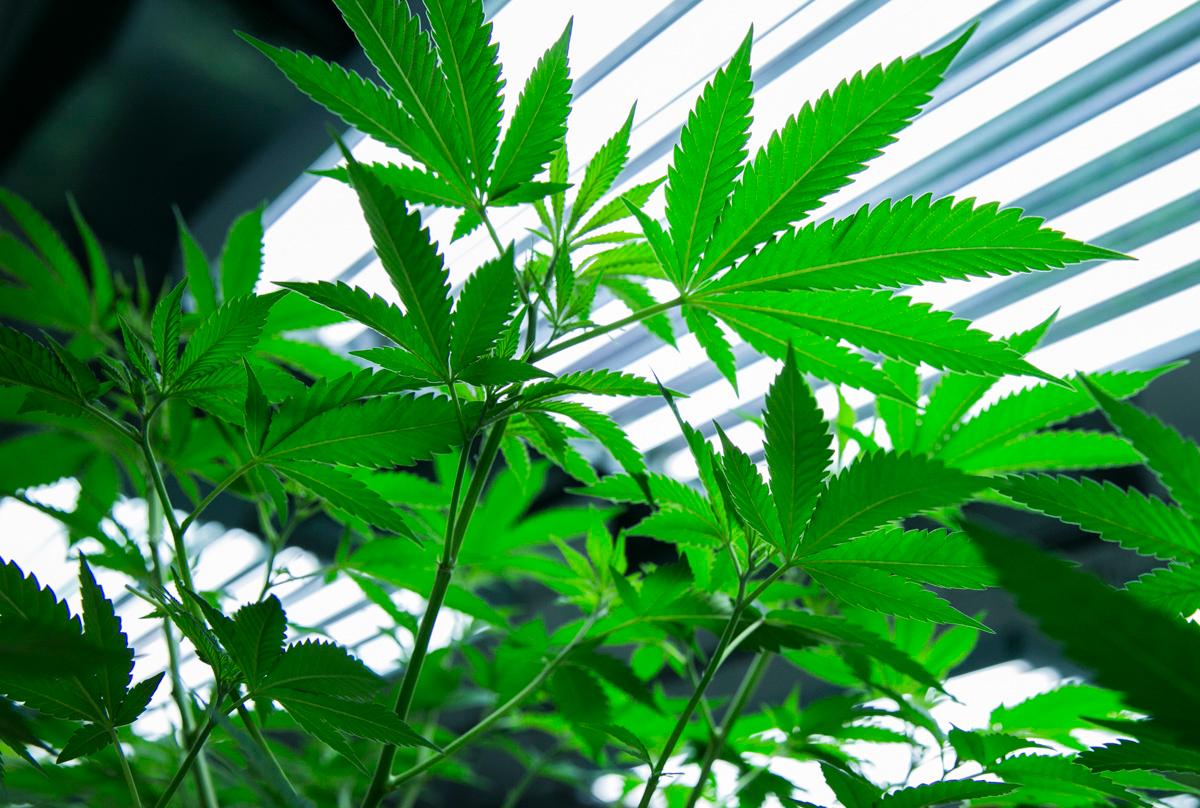
Voters in Colorado Springs will decide on whether to allow the sale of recreational cannabis inside its city limits.
While Colorado Springs has more than 100 medical marijuana dispensaries currently operating within its boundaries, the state’s second-largest city currently prohibits the sale of recreational cannabis.
City residents looking to find the closest recreational dispensaries can find two in the adjacent mountain town of Manitou Springs or more options by driving south on Interstate 25 to Pueblo.
The Colorado Springs city council members have voted down previously proposed ordinances to approve the sale of recreational marijuana. This marks the first time citizens have put the issue before the electorate themselves through the initiative process.
Here’s the language you’ll see on the ballot:
Shall the ordinances of the City of Colorado Springs be amended to:
- Authorize the regulation of retail/recreational marijuana establishments in the same manner as medical marijuana;
- Repeal the prohibition against retail/recreational establishments; and
- Authorize medical marijuana establishments to also be licensed as retail/recreational marijuana establishments without raising the cap on the number of locations set forth in City Code §2.2.104?
______ For the Initiated Ordinance
______ Against the Initiated Ordinance
How would it work?
In essence, the measure would allow the city’s existing 114 medical marijuana businesses to apply to also sell recreational cannabis to residents. A moratorium on any new dispensaries will still be in place even if the issue passes. That moratorium passed through city council in 2017.
This question does not deal with the taxation of cannabis products to which recreational businesses would be subject if legalized, and both measures pass. That is handled in the accompanying measure to this one, Question 301.
Who’s for it?
Those in favor of Question 300 include (most vocally) the owners and employees of the city’s medical marijuana dispensaries. They argue the process the state requires for an individual to obtain a license to purchase medical marijuana is costly and overly burdensome.
Thus, they say, most potential customers opt not to go through the process for a medical card and instead travel to other nearby communities to purchase recreationally, taking their tax dollars with them.
The political action committee advocating for passage of Question 300, Your Choice COS, estimates Colorado Springs loses out on upwards of $15 million in tax dollars annually by not allowing recreational pot shops.
Who’s against it?
Those most prominently against the passage of Question 300 include the city’s top leaders. The city council reaffirmed its stance against recreational dispensaries, passing a resolution 6-3 opposing passage of the two marijuana ballot questions.
Mayor John Suthers has long been outspoken in his opposition to the ballot measures as well. He said he believes recreational marijuana has led to an increase in crime, homelessness and addiction to harder drugs.
“We’re doing fantastic from an economic standpoint in Colorado Springs,” Suthers said. “The cost that’s passed on to the health care system, to our schools, to our correctional facilities … far exceeds any economic benefit from [recreational marijuana.]”
Colorado Springs’ reputation both as a military town and as the health-minded headquarters of the United States Olympic and Paralympic Committee have also been used as primary reasons opponents use for reasons the city’s voters should defeat passage of the ballot measures.









